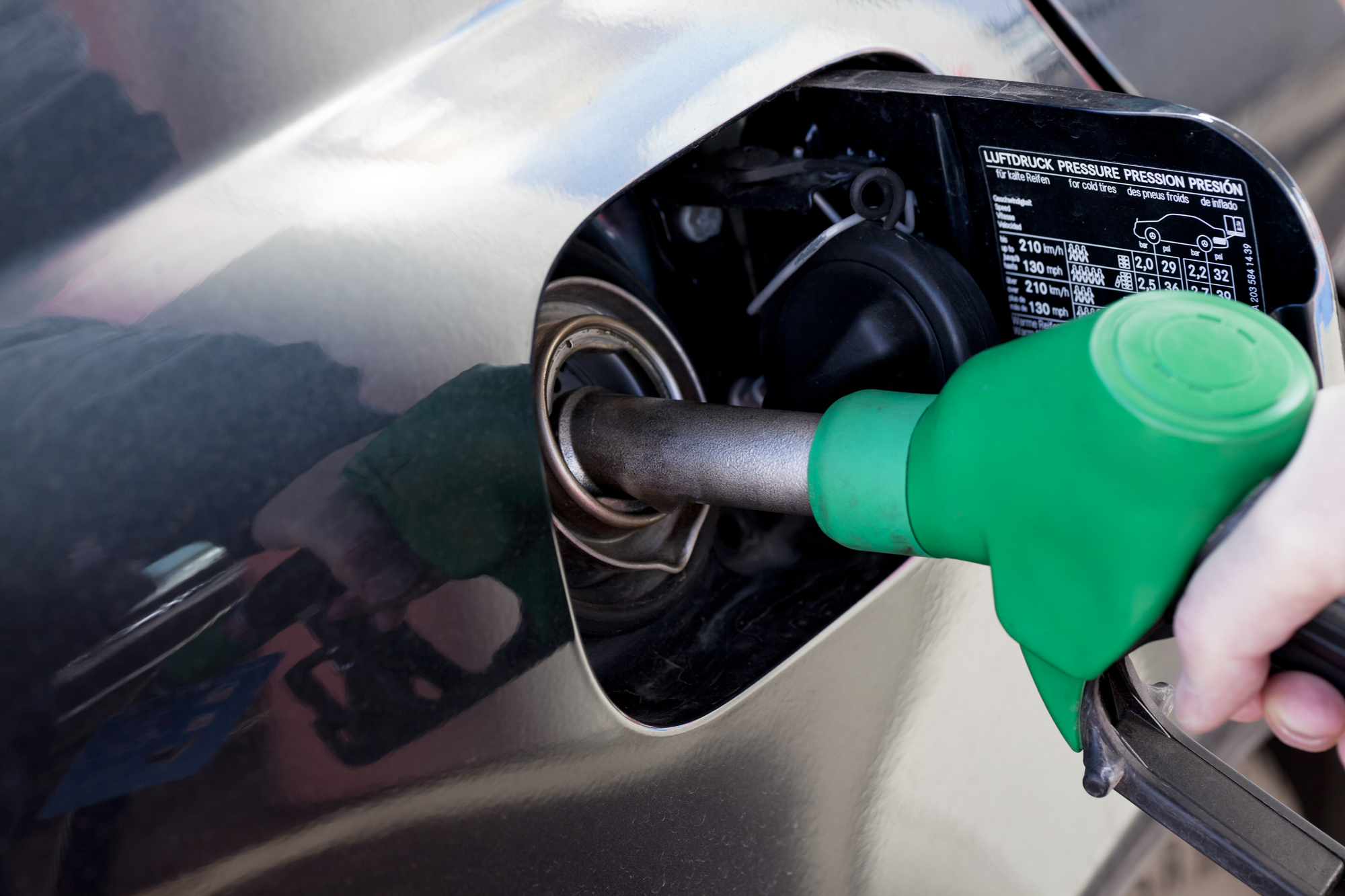When it comes to operating vehicles, using the correct fuel type is of utmost importance. The wrong fuel can have significant consequences on your car’s performance, efficiency, and overall longevity. One common mistake that can lead to serious issues is putting diesel fuel into a gasoline-powered car.
Understanding the Difference between Diesel and Gasoline
To grasp the impact of misfuelling, it’s essential to understand the basic properties of diesel and gasoline fuels. Diesel fuel is thicker and less volatile than gasoline, which affects how it burns and ignites in engines. Gasoline engines rely on spark plugs to ignite a mixture of fuel and air, while diesel engines use high compression and heat to ignite the diesel-air mixture.
The Immediate Effects of Putting Diesel in a Gas Car
When diesel is added to a gasoline car’s tank, several issues arise immediately due to the fundamental differences in ignition methods. Gasoline engines lack the high compression required to ignite diesel fuel. As a result, the engine struggles to combust the mixture correctly, leading to engine knocking, misfiring, and a significant reduction in power and performance.
Potential Damage to Engine Components
Diesel fuel also has different lubricating properties compared to gasoline. When diesel is used in a gasoline engine, the lubricity can lead to premature wear of fuel injectors, pumps, and other vital components. The thicker diesel can clog fuel filters, reducing fuel efficiency and causing the engine to run poorly. Over time, this can lead to extensive damage and the need for costly repairs.
Drivability Issues and Safety Concerns
Misfuelling can negatively impact emission control systems, affecting exhaust gas recirculation (EGR) and catalytic converters. This results in increased emissions and potential harm to the environment. From a safety standpoint, a gasoline engine running on diesel can lead to difficulties in acceleration, reduced handling capabilities, and compromised braking performance, posing a risk to both the driver and others on the road.
Steps to Take if Diesel is Mistakenly Added to a Gasoline Car
If you’ve mistakenly pumped diesel into your gas car, taking immediate action is crucial. First, do not start the engine. Seek assistance from the fuel station staff to address the situation. Towing the vehicle to a professional mechanic is the best course of action. They will drain the fuel system, flush it thoroughly, and inspect for any potential damage to components.
The Financial Consequences
Repairing or replacing damaged engine components and systems can be costly. In most cases, standard car insurance may not cover the expenses incurred due to misfuelling. This means that you’ll likely have to bear the financial burden yourself. Considering the potential repair costs, it’s clear that prevention is far more cost-effective than dealing with the aftermath.
Preventive Measures and Best Practices
To avoid the ordeal of misfuelling, always read your car’s owner’s manual and pay attention to the fuel cap instructions. Double-check your fuel choice before refueling, especially if you’re driving a rental or unfamiliar vehicle. Some automakers are introducing technologies to prevent misfuelling, such as unique nozzle designs that only fit the correct fuel inlet.
Putting diesel in a gasoline car can lead to a cascade of problems, from immediate drivability issues to potential long-term damage. By understanding the differences between diesel and gasoline fuels and following preventive measures, you can ensure that you never find yourself facing the consequences of this costly mistake. Remember, a little extra caution at the pump can save you a lot of trouble down the road. If you’ve put diesel in your gas car, call us today.






